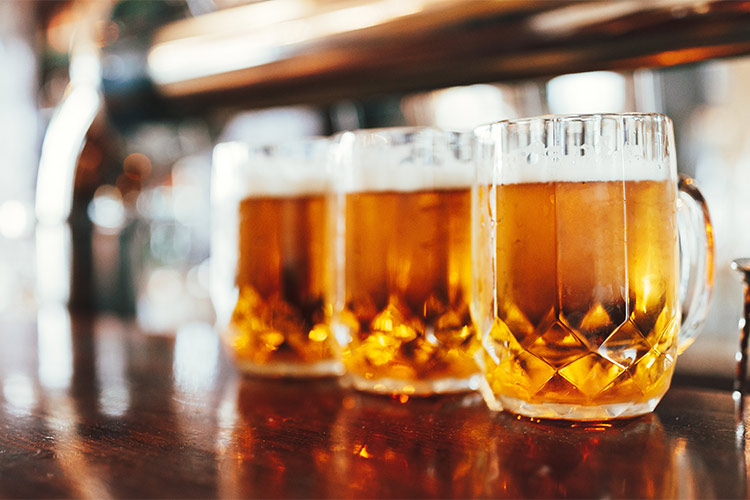The production of popular beverages like coffee, tea, and wine is becoming increasingly difficult on a warming planet. Recent studies focusing on how climate change affects renowned drinks have highlighted that global warming plays a significant role in the quantity and quality of hops, the primary ingredient in most beers.
Consequently, beer is likely to become more expensive in the future, compelling producers to adjust their brewing methods.
Scientists predict that hop yields in European regions where they are cultivated will decrease by 4-18% by 2050 if farmers don’t adapt to the warmer and drier climate. Furthermore, the alpha acid content in hops, responsible for the distinctive taste and aroma of beer, will decline by 20-31%.
“Those who enjoy beer will certainly feel the impact of climate change, be it in the cost or the quality. According to our findings, it’s inevitable,” stated Miroslav Trnka, a scientist from the Global Change Research Institute of the Czech Academy of Sciences and co-author of the study published in Nature Communications.

Beer, the third most popular drink globally after water and tea, is typically flavoured with aromatic hops. These hops are primarily grown in mid-latitude regions sensitive to changes in light, temperature, and water.
In their research, scientists compared the average annual yield of aromatic hops between 1971-1994 and 1995-2018, uncovering a significant drop in production ranging from 0.13-0.27 tons per hectare. The most substantial decline in annual hop yield was observed in Celje, Slovenia, at 19.4%. Meanwhile, Germany, the world’s second-largest hop producer, saw average yields decrease by 19.1%.
Central Europe has a rich beer-making history spanning thousands of years and is integral to its culture. The Czech Republic, for instance, boasts the highest beer consumption globally, as noted in a report by Japanese beer manufacturer Kirin. In Germany, where beer production has been governed by the Purity Law for over 500 years, Oktoberfest annually welcomes millions of global visitors.
However, the study also revealed that the alpha acid content in hops, providing beer with its distinct aroma, has decreased in all beer-producing regions. This drop in hop production will be most felt in Slovenia, Portugal, and Spain.
While the climate threat to hops is significant, it isn’t the most prominent factor influencing beer prices. High energy costs, propelled by the escalating gas prices due to wars, have so far played a more substantial role for brewers.
“The cost of hops in beer isn’t even as much as the cap on the bottle,” concludes the report.